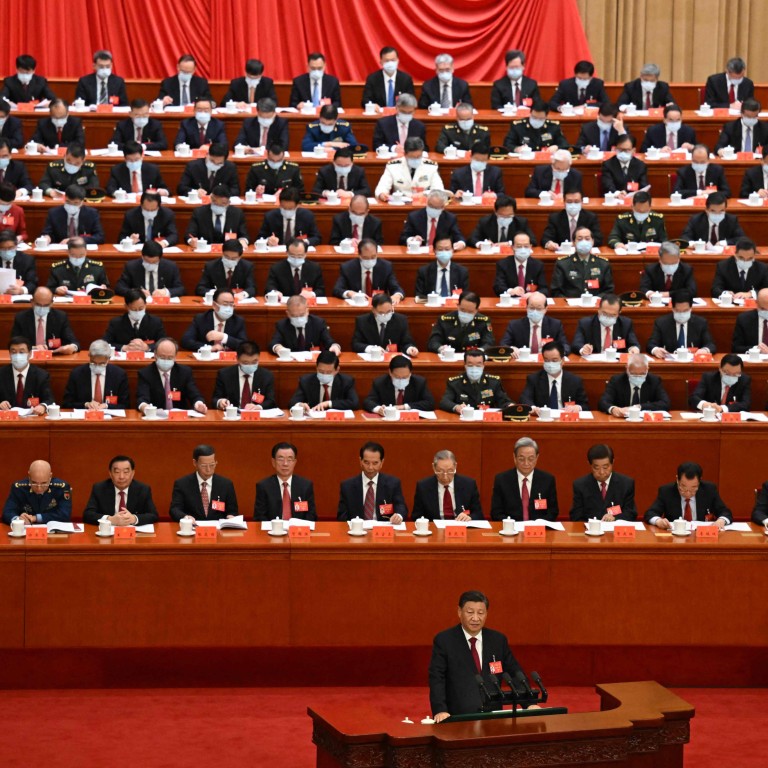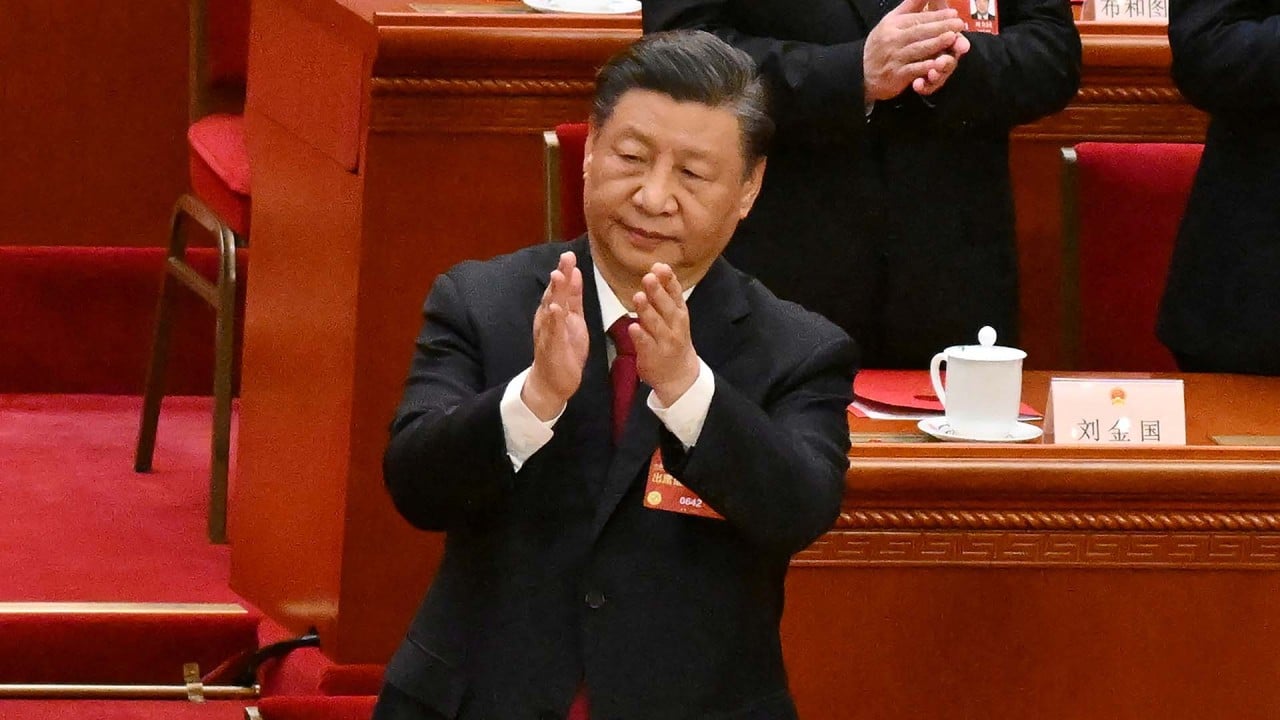
‘Two sessions’ – not 2 weeks. Is the pandemic-shortened annual legislative gathering here to stay?
- During Covid-19, China’s biggest political event of the year was pared down to 8 days from about 2 weeks
- But the first event to be held since the pandemic and its restrictions remains condensed
China’s annual legislative sessions – the once-a-year opportunity for lawmakers to discuss policy – could be shorter for the foreseeable future.
Beijing is expected to keep this year’s “two sessions”, the annual meetings of the country’s top legislative body and political advisory body, brief, wrapping them up in just eight days, far shorter than the event’s average length before the pandemic.
Why China may have to ‘push harder’ to maintain its economic growth in 2024
However, a notice from Beijing police banning low-flying aircraft from March 1 to March 12, suggested that the event could wrap up as early as March 11. The neighbouring municipality of Tianjin issued a similar notice.
Aside from the two sessions, local governments in China have regularly banned drones and other low-altitude objects during important events such as the Communist Party’s congress, Shanghai expo and the Winter Olympics.
Last year, the bans in Beijing and Tianjin were lifted on March 14, a day after the closing of the two sessions on March 13.
Low-altitude aircraft on the restricted list include hot air balloons, gliders, blimps, model aircraft and drones.
For years, the annual political event stretched over two weeks, though there is no fixed duration.
The 2018 gathering was one of the longest two sessions in years, with the two events spanning a total of 18 days. That year, the CPPCC opening ceremony began on March 3, followed by the beginning of the NPC on March 5. The NPC ran until March 20.
In practice, the cabinet is usually reshuffled during the two sessions the following year to align with any power transition announced in the five-yearly party congress.
Before the pandemic, the two sessions, which usually takes place in March, typically lasted about two weeks.
In 2019, the event lasted for 13 days, ending on March 15.
In 2020, as the coronavirus spread and lockdowns ensued, the two sessions were delayed. When it was finally held in May, the gathering only lasted eight days, from May 21 to 28.
As the pandemic spilled into 2021 and 2022, the two sessions remained shorter, each lasting about eight days beginning in early March.
Last year, as China lifted its pandemic restrictions, the two sessions were extended by two days, allowing for discussions of the new cabinet line-up following the 20th party congress.
Rocket maker boss resigns from China legislature ahead of ‘two sessions’ 2024
This year’s arrangement indicates that the practice started during the pandemic will continue.
Although Covid-19 tests are no longer required in China, and hundreds of millions travelled during last month’s Lunar New Year holiday, the two sessions media centre said it would require journalists from Hong Kong and Macau to take swab tests when they collected their press passes.
It is unclear if the same requirement applies to mainland journalists, or the thousands of NPC and CPPCC delegates.
The Beijing authorities also said they would step up security checks for inbound parcels, letters and railway passengers during the two session period.


